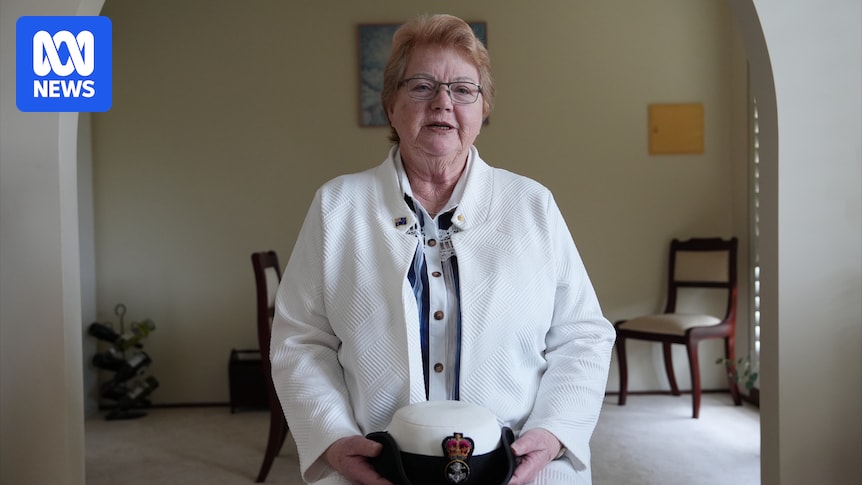
Pat McCabe was always destined for a life of service. “My father was in the navy — he served in Korea,” Ms. McCabe recalled. “And my grandfather was in the army. He wasn’t fit enough to go overseas but he was chief cook at home. We got to HMAS Harman when I was about two, so I grew up in that atmosphere.” Her journey into the Royal Australian Navy began in 1973, where she worked as a communicator, embracing the early era of computers with enthusiasm.
Despite a rich family heritage of military service, Ms. McCabe’s career was cut short due to a serious car accident in 1978, leading to her medical discharge the following year. Left with skeletal damage and chronic pain, she has relied on daily medication ever since. The challenges intensified during the pandemic when Ms. McCabe struggled to find a general practitioner (GP) in Canberra who would accept her Department of Veterans’ Affairs-issued healthcare card.
Veteran Healthcare Cards: A Promise Unfulfilled
The promise of free medical treatment for veterans through healthcare cards is facing significant hurdles. While the Department of Veterans’ Affairs maintains that there has not been a decline in health professionals willing to see veteran patients, the reality on the ground tells a different story. “Not having anybody there to help you was the biggest frustration,” Ms. McCabe expressed, highlighting the severe impact on her physical and mental health.
According to a spokesperson for the Department, there has been an 8% increase in the number of ACT-based GPs providing services to Veteran Card holders from 2020-21 to 2024-25. However, veterans like Ms. McCabe continue to face difficulties finding GPs with open books who accept their healthcare cards.
Challenges in Accessing Specialist Care
John King, from the Returned Services League’s ACT Branch, echoes the concerns of many veterans. “It’s been like that for a heck of a long time, and it hasn’t changed,” he stated. The struggle to find specialists who accept veteran healthcare cards is a persistent issue, forcing some to seek treatment in other cities like Sydney or Melbourne.
“I’ve experienced it myself with my white card. After 39 years of service, I basically rely on my private health.”
The white card provides free medical treatment for specific health issues, while the gold card covers all medical conditions. Despite the Department’s assurances, the reality is that many veterans are left navigating a complex and often inaccessible healthcare system.
System Relies on the Goodwill of Doctors
Dr. Kerri Aust, president of the Australian Medical Association’s ACT Branch and a Canberra GP, sees a veteran patient at least once a day. She argues that the system has relied on the goodwill of doctors for too long. “The DVA rebates have not been keeping pace with the cost of providing the services to the patients,” Dr. Aust explained. “Essentially, we’re making those decisions between paying our own mortgages and continuing to service the veteran community.”
As costs rise, fewer GPs are accepting veteran healthcare cards, and more are closing their books to new patients. Dr. Aust suggests that increasing the rebates for general practitioners could alleviate the financial strain and ensure continued care for veterans.
Impact on Mental Health
The implications of this healthcare gap extend beyond physical health. “The impact on mental health is significant,” Dr. Aust noted, emphasizing the prevalence of conditions like post-traumatic stress disorder among veterans. Without adequate access to healthcare, these issues are exacerbated, affecting not only the veterans but also their families.
“Many of our veterans are living with conditions like post-traumatic stress disorder.”
Looking Forward: Solutions and Consequences
The ongoing challenges faced by veterans in accessing healthcare highlight a critical need for systemic change. Increasing the rebates for GPs and ensuring more specialists accept veteran healthcare cards are potential solutions that could improve access to necessary medical care.
As the debate continues, the stories of veterans like Pat McCabe serve as a poignant reminder of the sacrifices made by those who served and the importance of fulfilling the promise of free and accessible healthcare. Without action, the risk remains that more doctors will turn away from servicing veterans, further straining an already challenged community.







